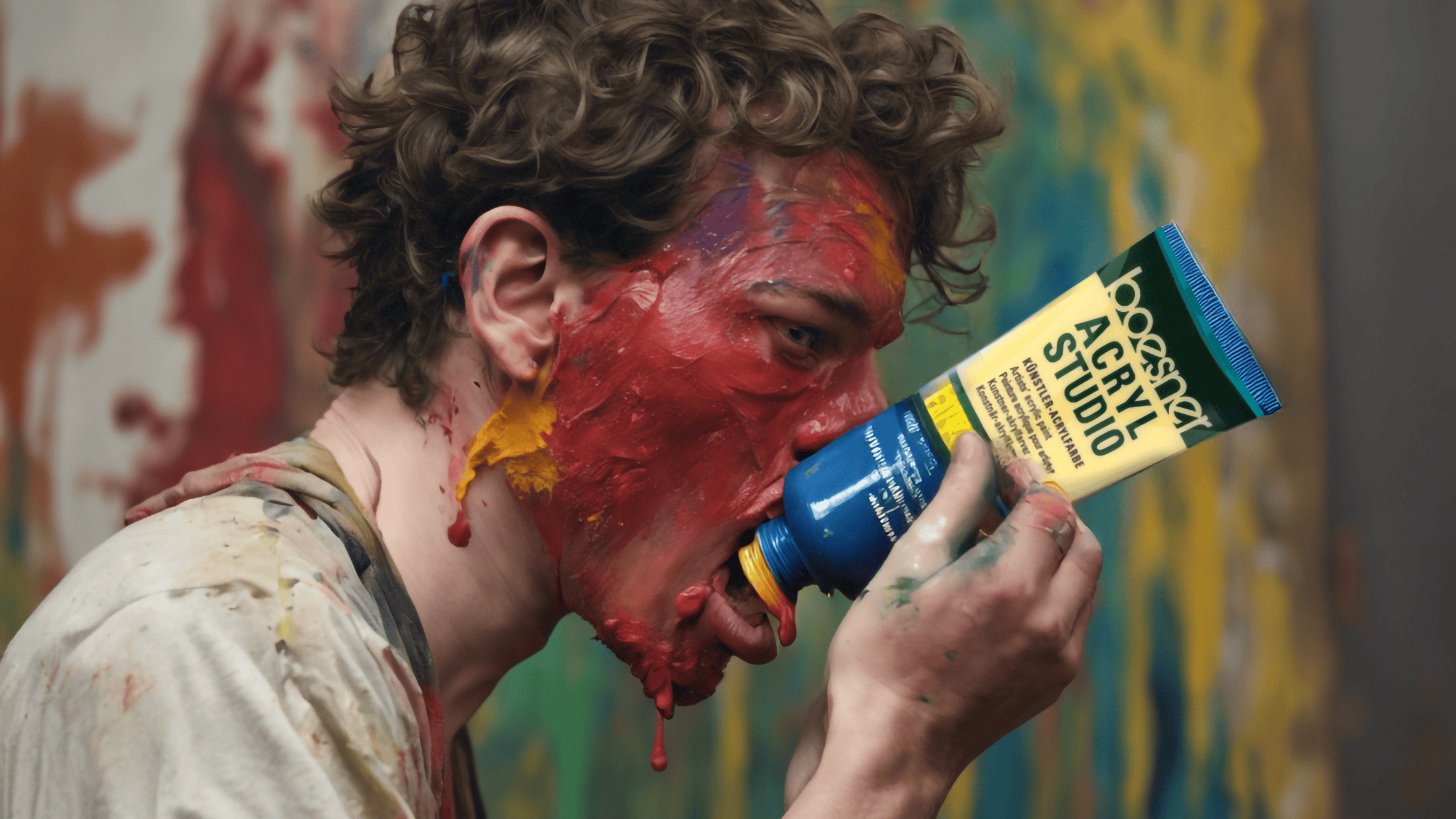
Frank Beyer, Heiner Carow, Gerhard Klein, Volker Koepp, Wolfgang Kohlhaase, Kurt Maetzig, Helke Misselwitz, Lothar Wernicke, and Konrad Wolf, these are some big names of Defa films. Home is an emotional state, a demand and challenge for them. That is one perspective. The other is that the Oberhausen Short Film Festival has made the Iron Curtain permeable for decades and has presented 'short' insights from the second German state as well. A selection is shown at the 71st festival.
Harry Hornig documents the Short Film Festival in 1966 and initially points to the town hall as the venue of the festival in its 12th year under Hilmar Hoffmann with a street sign. He soberly reads a quote from the festival calendar: "Film art is the most important of all arts," it comes from Lenin. That is the standard he is working against.
The 40 minutes skim through the competition program, collecting the quirky, formal finesse, existential crises. Hornig observes the audience, interviews passersby – who always confirm his own political stance. "Affected" he summarizes that "the social and political reality" here is not granted access. A Cold Warrior wears the ideological glasses: polemical and sly. He speaks of "excesses" and Oberhausen's "self-disembowelment," misses "engagement," and criticizes both the offered pea soup for 3.50 marks and "indifference" and the rejection of an East German film about North Vietnam in the program, and does not overlook protests against mine closures in the region.
Hornig praises the East German contributions to the festival for asking the right questions: "about the meaning of life and the relationship between the individual and society," for keeping the memory of the crimes of the past alive and for exposing West German prejudices. Confident in his cause, he returns home to the 'better' society for him.


